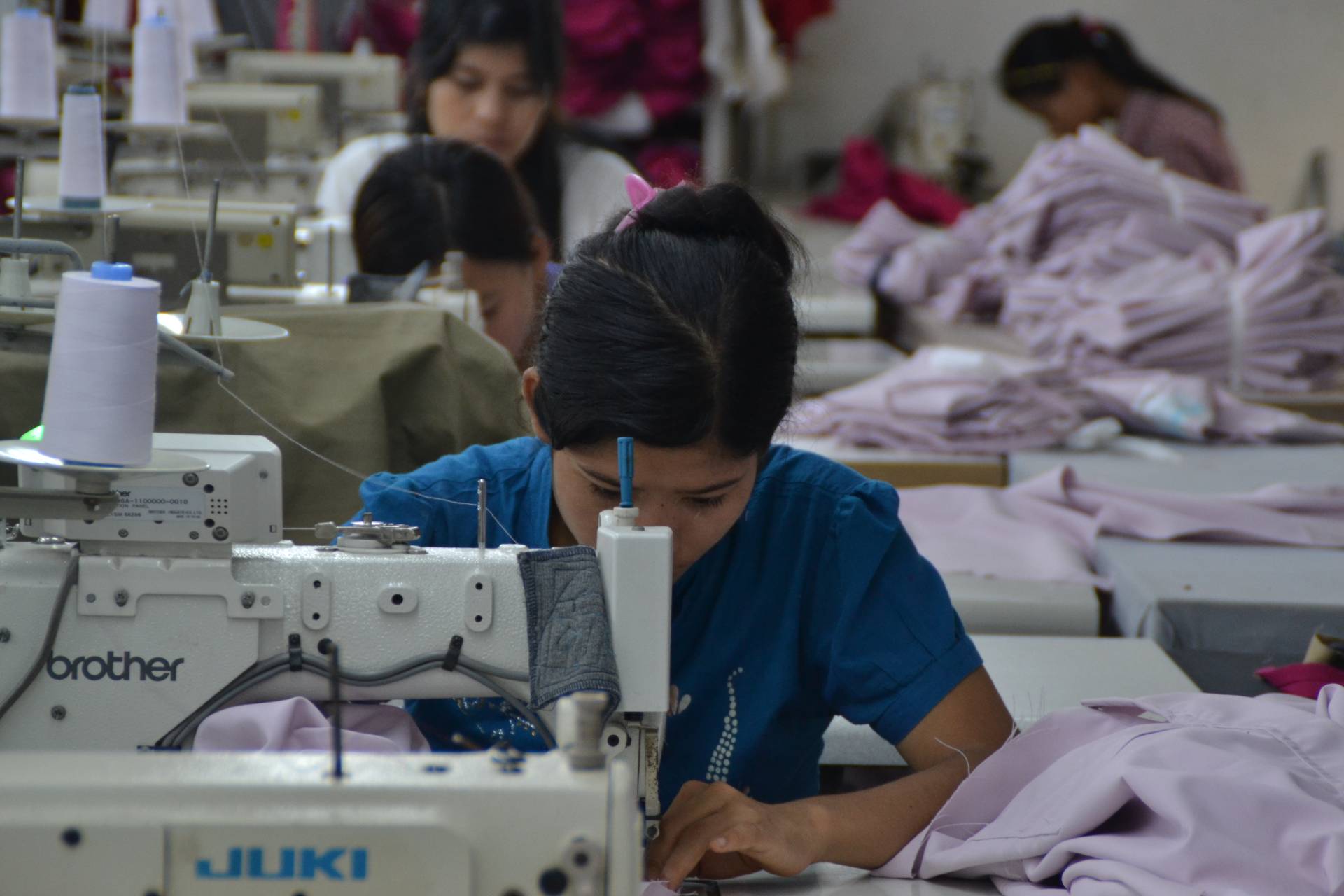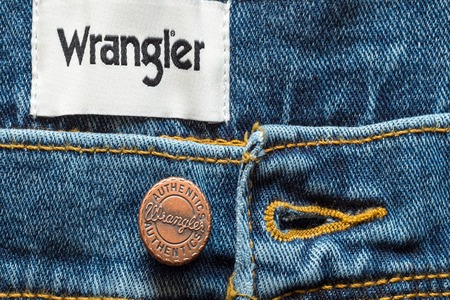
Dutch AGT defends modest progress toward greening supply chain
YarnsandFibers News Bureau 2022-02-11 07:47:21 – NetherlandsThe Dutch Agreement on Sustainable Garments and Textiles (AGT) has been proven to be a beneficial tool for businesses, promoting closer supplier relationships and positive improvements in purchasing methods; but, attaining "significant progress" will take longer than the agreement's lifespan.
According to a study by the Dutch AGT, despite significant progress toward sustainability, achieving significant improvements in the garment and textile supply chain will require time and effort beyond the agreement period.
KIT Royal Tropical Institute conducted the final independent examination. KIT concludes that the AGT has established an important multi-stakeholder structure that supports a collaborative response to complicated supply chain concerns.
Companies have advanced "considerably in their due diligence implementation" as a result of the AGT's e-tool, according to the report.
This has resulted in improvements in company behavior, such as closer supplier connections and changes in purchasing habits by nearly half of AGT signatories. Companies have also developed action plans to address specific hazards that have been identified.
However, given the early stage of many collective projects and companies' implementation of action plans, as well as limited access to documentation and monitoring of progress, it says objective one – achieving "substantial progress" in the area of specific supply chain risks in three to five years – has not been met.
The goals of providing businesses with guidance for avoiding potential negative consequences in supply chains and developing cooperative actions and projects to address problems that garment and textile industry enterprises could not resolve independently were met and partially met, respectively.
KIT did, however, point out that its research was limited in its ability to analyze the impact on groups experiencing unfavorable impacts in garment and textile supply chains, as the analysis focused on the AGT and its signatory enterprises. There was no field research.
According to the AGT's response, the garment and textile supply chain cannot be made more sustainable overnight.
AGT said in its response that during the length of the agreement, it was not possible to turn long-established supply chain practices into a truly sustainable system (5.5 years). Companies focused on mastering due diligence in the early years. This made supply chains more transparent, allowing unwanted effects to be identified and corrected. This procedure, however, is far from complete. Ensuring long-term changes for people, animals, and the environment necessitates the continuation of existing collaboration and projects.
Market Intelligence
Ask for free sample Report

experience
Customer Base
dedicated team
Countries Served Worldwide









